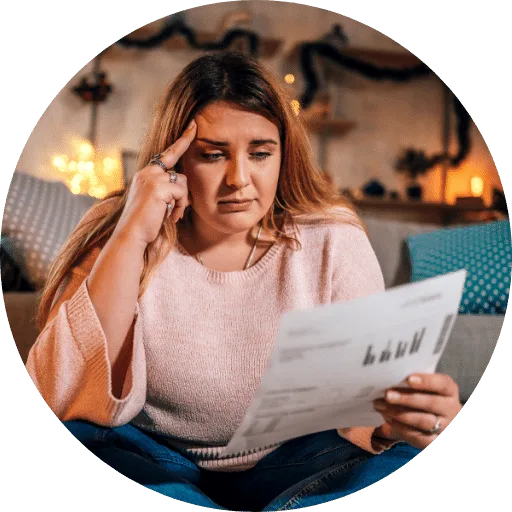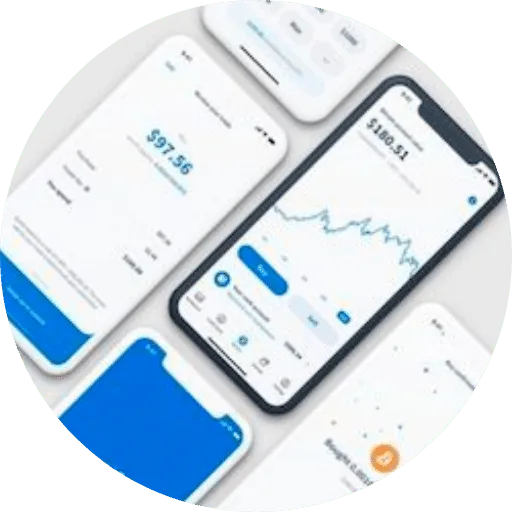Whether a lender will consider bonus income as part of your home loan application depends on the lender and the type of bonus you receive. In many cases, receiving bonuses can improve your borrowing capacity. In others it may be disregarded altogether.
Irregular bonuses are less likely to be assessed by a lender. If you can prove that you are paid bonuses or commissions on a regular basis and with a consistent amount, a lender will usually be satisfied to include it in your home loan assessment.
Overtime bonuses may be considered if you work in a specific profession, such as emergency service workers, or if you have a contractual agreement to work a certain number of overtime hours per month.
If you receive additional income off the back of an investment property, lenders will usually take a large portion of that income into consideration. It won’t take the full 100% as it assumes some of the income will go towards maintaining the property/ies.
Income from investments like stocks and shares may also be considered by lenders depending on the payment structure and the type of investment.
Speak to your lender or mortgage broker to find out whether your bonus income will be assessed. Always be sure to provide evidence of your bonuses through tax returns, payslips and/or a letter from your employer.

































